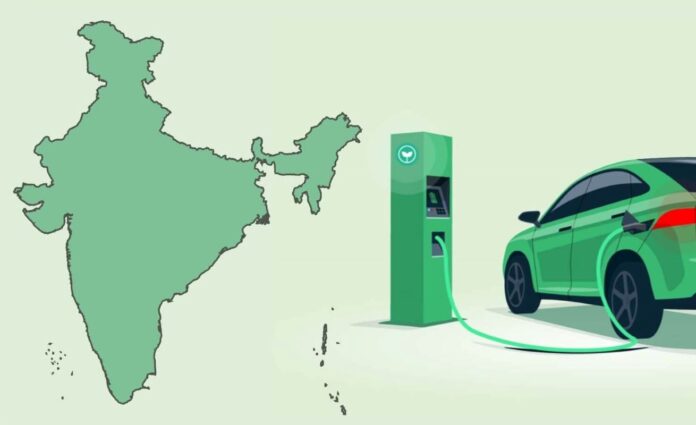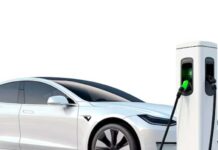
People in India still look at green number plate of cars with a lot of awe. But most of the people are in sync with the idea that electric vehicles (EV) are the future of the world. Sooner or later, we all have to adopt it.
Electric vehicles (EVs) are as efficient as petrol or diesel vehicles and sometimes even better. One area where EVs clearly outperform gasoline (petrol) vehicles is in terms of their environmental impact.
EVs produce zero emissions, making them an attractive choice for those looking to reduce their carbon footprint. This is in contrast to traditional gasoline vehicles, which produce significant amounts of greenhouse gases and other pollutants. Furthermore, EVs are often powered by renewable energy sources, such as solar or wind power, which make them even more environmentally friendly.
According to data given by NITI Aayog, the emissions impact of electric vehicles is much lower than petrol or diesel vehicles. From an efficiency perspective, electric vehicles can convert around 60 per cent of the electrical energy from the grid to power the wheels, but petrol or diesel cars can only convert 17-21 per cent of the energy stored in the fuel to the wheels. That is a waste of around 80 per cent.
According to India Brand Equity Foundation, the Indian automobile industry is the fifth largest in the world and is expected to become the third largest by 2030. As per India Energy Storage Alliance (IESA), the Indian EV industry is expected to expand at a CAGR of 36 per cent. As population rises and demand for vehicles grow, dependence on conventional energy resources is not a sustainable option as India imports close to 80 per cent of its crude oil requirements.
NITI Aayog aims to achieve EV sales penetration of 70 per cent for all commercial cars, 30 per cent for private cars, 40 per cent for buses and 80 per cent for two and three-wheelers by 2030. This is in line with the goal to achieve net zero carbon emissions by 2070.






